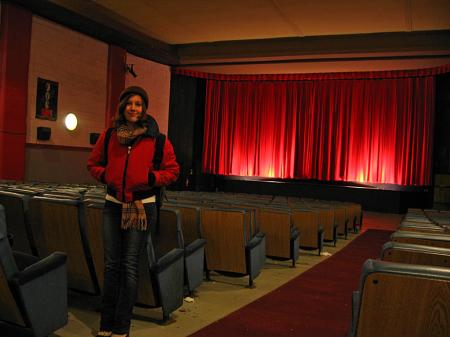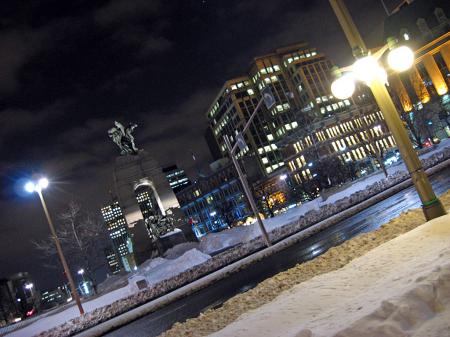
Increasingly, there seems to be a strong correlation between a young person’s level of education and their level of pessimism. Arguably, this is on account of the related correlation between education level and level of interest and engagement with current events. Somebody who never watches the news or picks up a newspaper just has less to worry about.
A recent British survey has produced some numbers that support the pessimism hypothesis. The Future Leaders Survey polled 25,000 applicants to British universities. The findings demonstrate a widespread anticipation of a worsening world:
Asked about likely outcomes for humanity by 2032, the responses are gloomy to say the least. Nine out of 10 surveyed think Africa will still be starving and oil will be prohibitively expensive, and eight in 10 expect more terrorism and the effects of climate change to be hitting hard. Inequality within the U.K. and between rich and poor nations will have worsened, according to around 70 percent of those surveyed. Half expect nuclear weapons will have been used again and that the U.S. will still be in Iraq.
16% of respondents said that they expected humanity to go extinct within a century; 78% of respondents said that could only be avoided through radical lifestyle changes. Admittedly, these are people who are just starting out at university, so it doesn’t demonstrate much about the linkage between education and pessimism. It would be quite interesting to have the same group re-polled in four years time. It would not surprise me if they were significantly more dispirited the second time.
One has to wonder whether this makes today’s society an aberration. Surely, history has been full of people who never really expected the world to change, one way or the other. Periods of history have also included large numbers of people believing that big improvements were possible or even inevitable. I am not sure if the kind of apocalyptic feeling spreading through the most influential segments of the most powerful states has much precedent. One can only speculate about what the long-term consequences might be.





